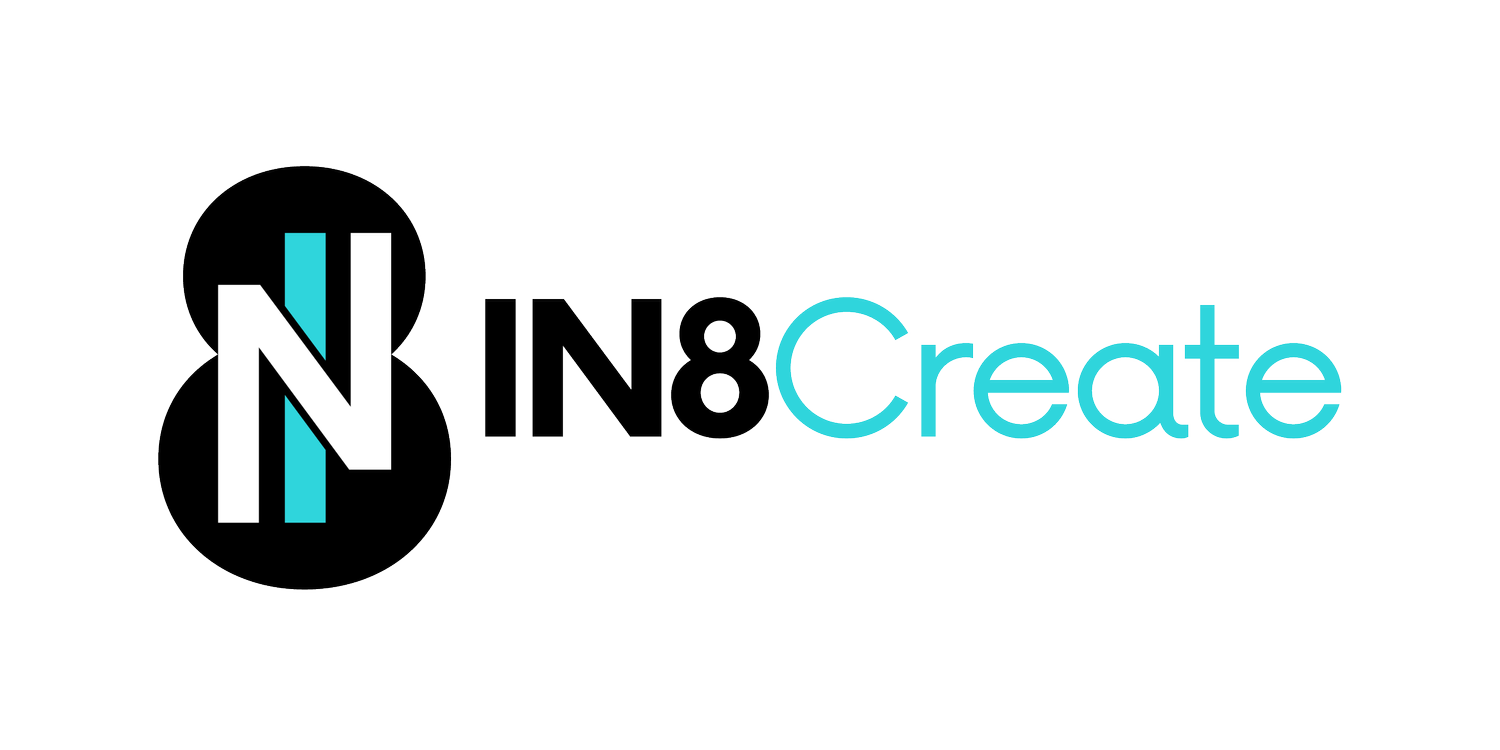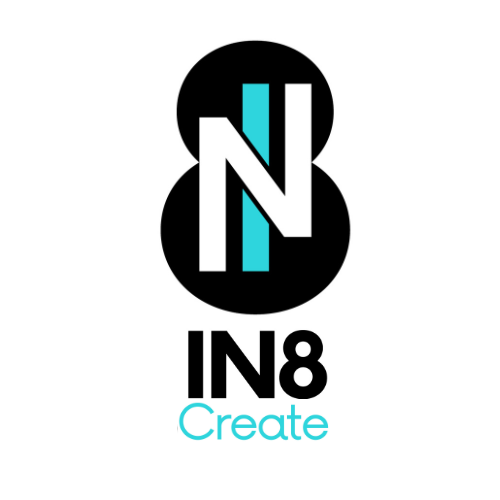
Insights
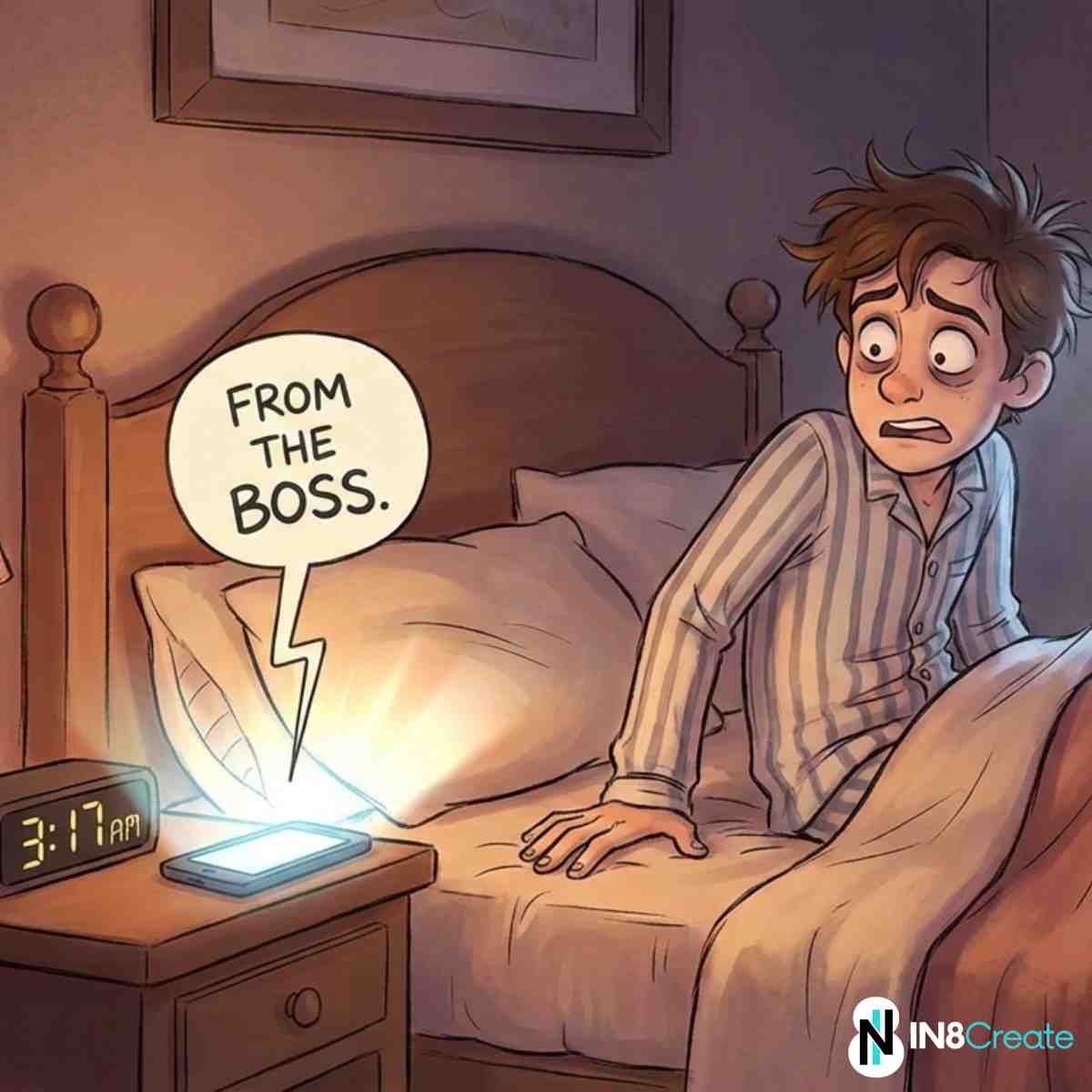
The Unspoken Expectations Killing Your Team
Your boss emails at 11:07 PM. Does she expect a response, or is she just working late? Your team is constantly guessing what you actually expect—and that guessing is quietly killing performance. One conversation about six specific questions can end the uncertainty forever.

The Timeline That Couldn't Exist
You've been in that meeting where Engineering says eight weeks, Product counters with four, and everyone knows none of these numbers are real. When the same team members work across 50+ projects, they should be excellent at estimating—and they are. The problem isn't their ability to predict timelines; it's their inability to trust that honest estimates will be respected. So they adapt. They calculate what they actually need, add 40%, and deliver completely unrealistic numbers that implode the entire schedule. The timeline problem is actually a trust problem. And the trust problem is actually a leadership problem.
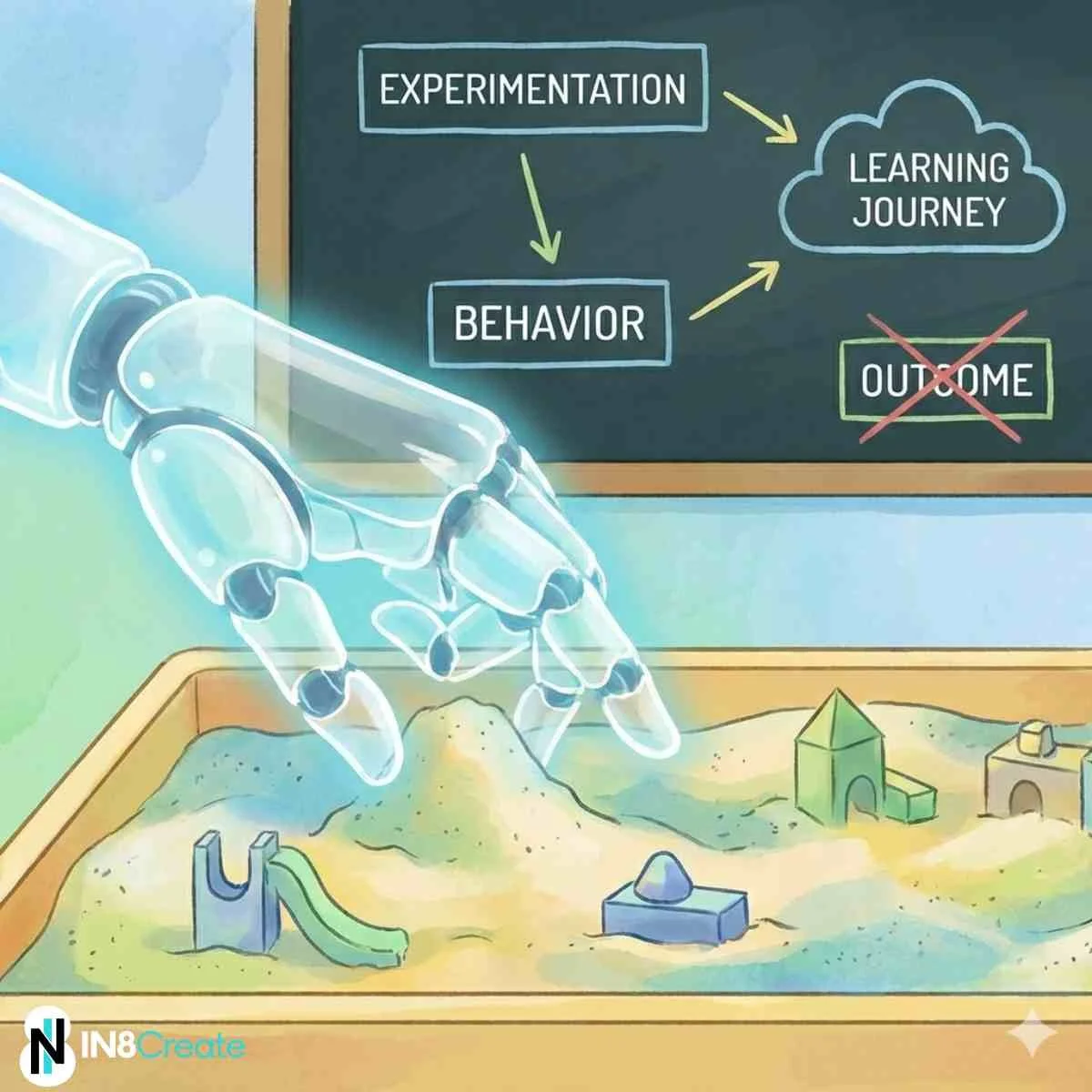
How Are You Keeping Score?
Your board is demanding AI adoption metrics, but you're navigating genuinely uncertain territory. Traditional outcome-based goals create anxiety when no one knows what success looks like yet. The solution? Shift to behavior-based goals like "teach AI one task you hate" or "use AI as a devil's advocate." These goals your team can actually achieve this week while building the experimentation habits that eventually lead to transformation. Start with your naturally curious people and let adoption cascade organically rather than mandating company-wide usage.
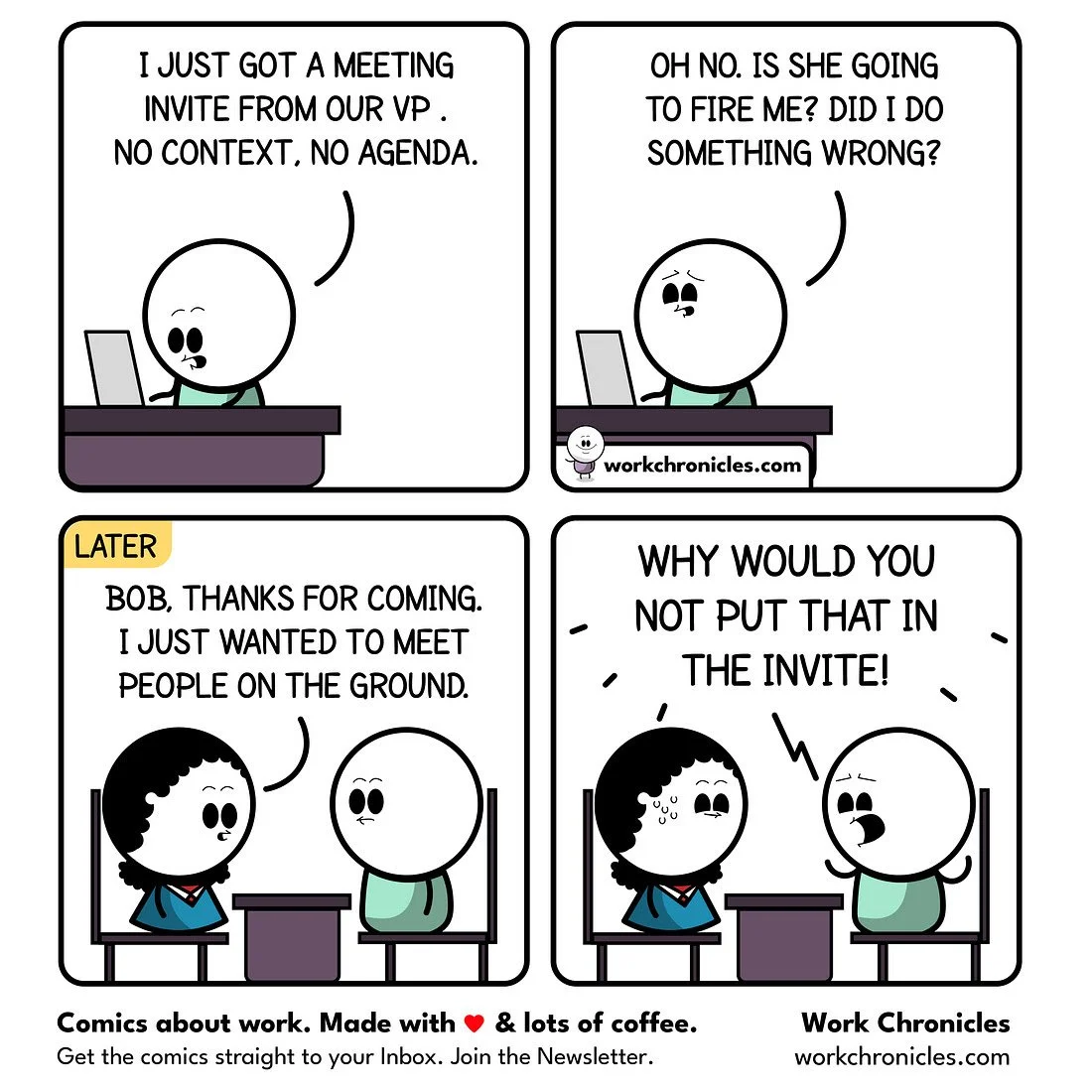
Silence is Communication
When leaders stay silent during organizational change, teams fill the information vacuum with worst-case assumptions. This triggers the brain's threat response, particularly around certainty - one of five domains in David Rock's SCARF model. Effective leaders communicate about uncertainty itself: acknowledge what's unknown, share what they do know, explain how decisions are being made, set update cadence, and give teams actionable steps.
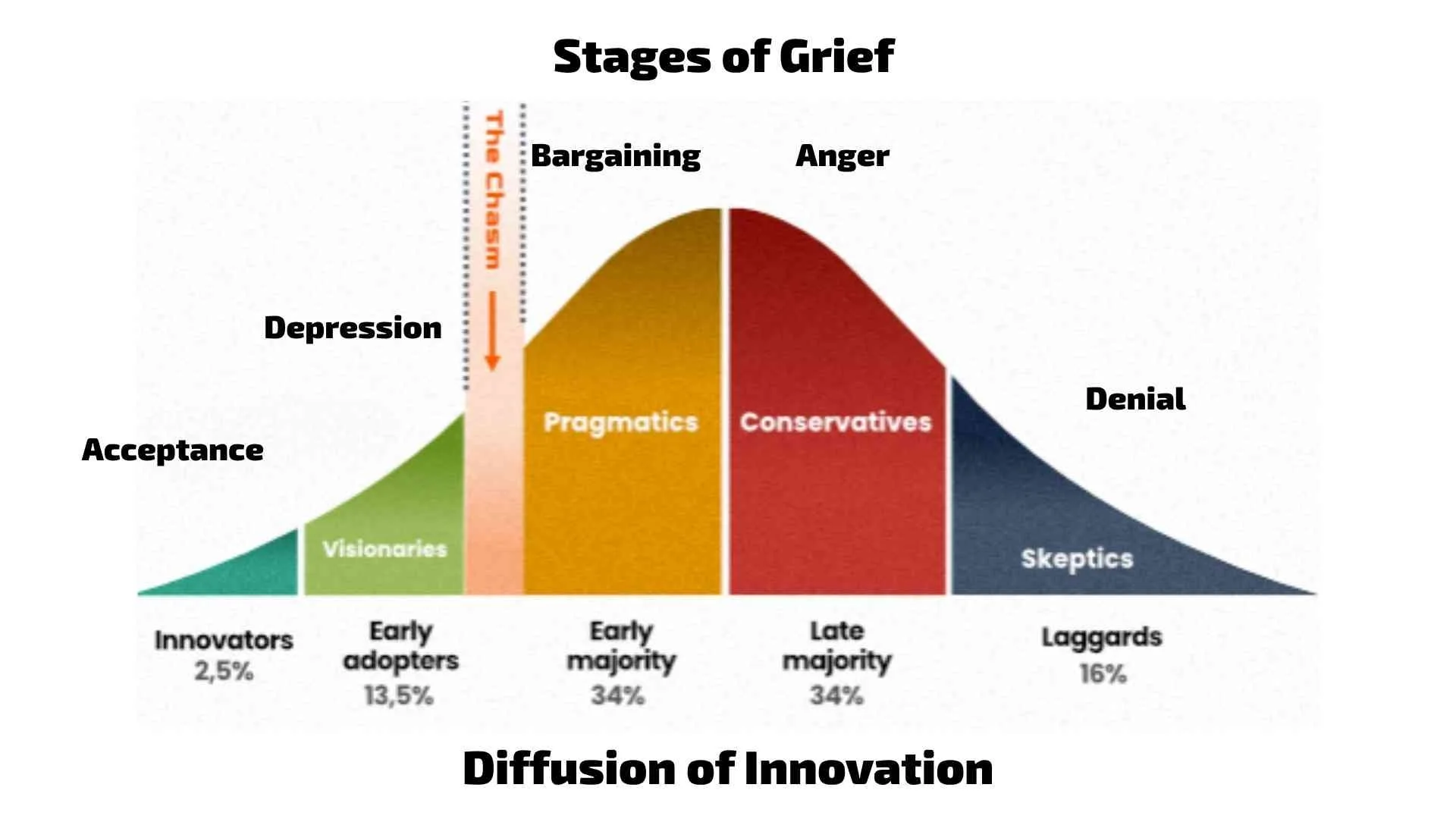
Why Teams Respond to Change at Different Speeds
When you introduce change—whether it's a new tool, process, reorganization, or way of working—you're asking people to move through a predictable sequence of psychological stages. These stages show up across three different frameworks that, remarkably, tell the same story:
Innovation Adoption → Change Transition → Grief Response

How to Choose the Right Workshop Format for Your Corporate Offsite
At IN8 Create, we're 100% outcome-focused. When your team spends time together, you should walk away with something concrete in addition to the insights and connection.
Think about it this way: instead of just learning about communication challenges, your team actually works through their specific communication blockers and creates agreements for how to handle them going forward.

The Invisible Hand of Peer Accountability
In our increasingly virtual world, we need to be more intentional about building these peer connections. Because when team members truly see each other as people they're responsible to (not just people they work with), everything changes.

Behold the Power of the Notetaker
Stop treating the note-taking role like you're asking someone to clean the bathroom. This person is literally determining which ideas survive and which ones die in committee. Celebrate this role. Appoint someone who's actually good at it if possible. And if you're stuck doing it yourself, remember: you're not just documenting a meeting—you're preserving the thinking that could transform your team.
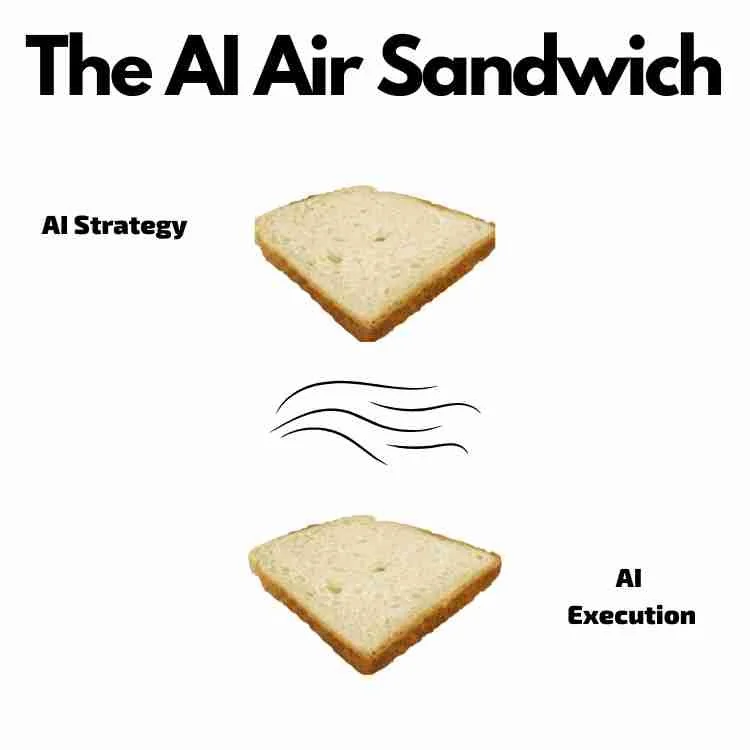
The Gap Between AI Strategy and AI Execution
Some people naturally excel with AI tools, while others struggle to find value. By framing AI adoption as exploratory—where LEARNING is the primary outcome—organizations can change the conversation entirely.

Why Great Leaders Celebrate When Team Members Move On
Many managers fall into the trap of optimizing only for their immediate team—the subsystem they directly control. This makes sense on one level; you're evaluated on your team's performance.
But truly exceptional leaders understand that subsystem optimization can lead to overall system degradation. If every manager hoards talent, the organization stagnates. If teams become too comfortable, growth opportunities diminish.

Identifying Leadership Friction in Teams
The goal isn't to eliminate all friction - some friction is necessary for traction. The goal is to ensure we're not unwittingly creating additional friction that slows our teams down or sends them in conflicting directions

The Foundations of Amazing Teamwork
Creating an exceptional team requires intention and effort, but the rewards are worth the investment. When these six foundations are firmly established and actively maintained, teams can achieve remarkable results while creating an environment where everyone flourishes. Excellence in teamwork isn't accidental - it's the product of careful cultivation of these essential elements.
